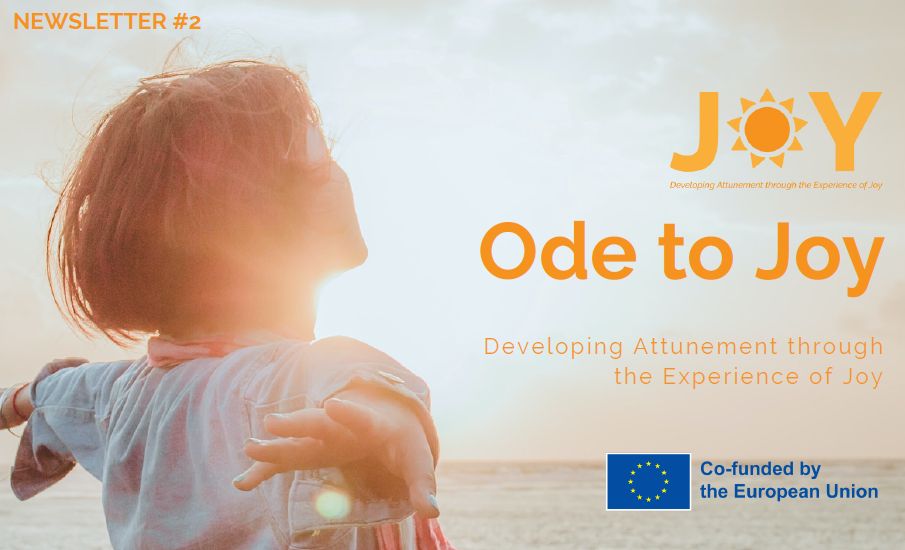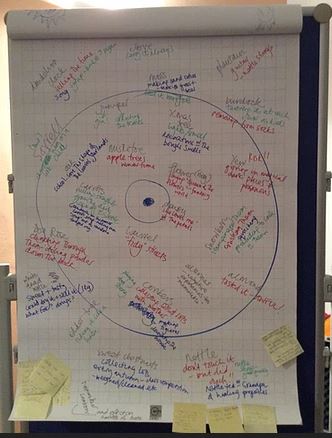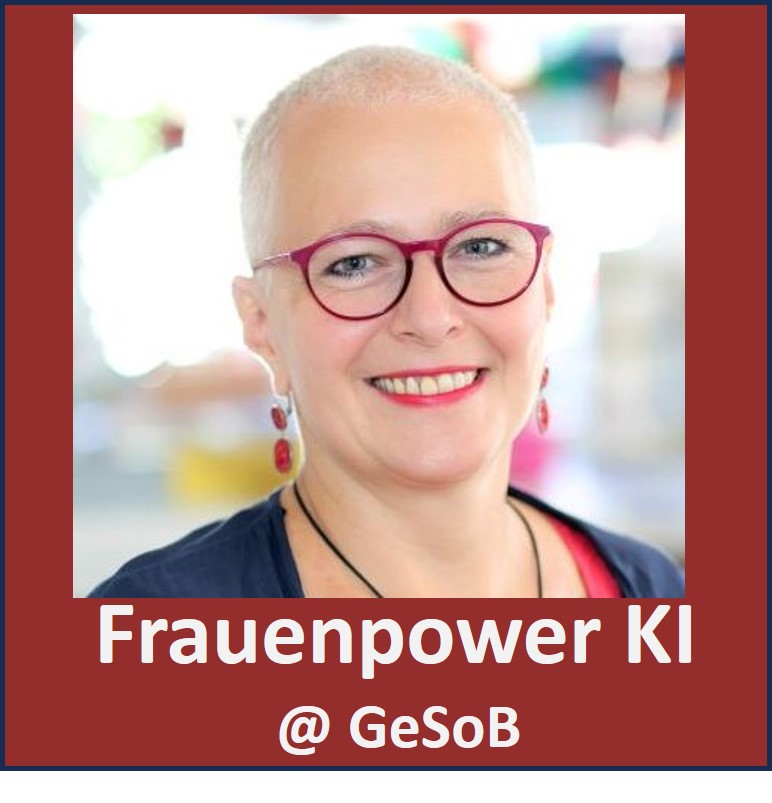
WHAT HAS BEEN DONE SO FAR?
Hello everyone and welcome back! We are happy to share with you some interesting news about the JOY project, which aims to use experience-based methodologies to involve NEETs and adult educators in a journey of self-discovery.
1ST RESULT – THE JOY MODEL
Over the past months, the Joy project’s partnership has been working on the creation of a model containing methodologies from different fields and disciplines, such as:
storytelling, dance and body work, art, work with nature and drama
. The Research on the condition of the NEETs in the various countries involved and the Guide containing a detailed description of the aforementioned methods can already be consulted and downloaded on our website. This is an essential resource, useful for all those working in the field of adult education.
TRAINING THE TRAINER – SZENTGOTTHÁRD, HUNGARY
From 8 to 12 May 2023, the partners oft he organizations met in Szentgotthárd, arural area on the border
between Austria and Hungary. Each partner presented a different methodology of the JOY model, organizing activities and reasoning on the potential impact that the approach could have on the people identified as beneficiaries of the course. Furthermore, every afternoon, all the partners and the trainers involved were introduced to the CH-Q exercise, which helped them validate their existing experiences and to call out their previous knowledge, to experience support through the awareness of these.
WHAT’S NEXT?
JOY TRAINING
In the following months, what has been learned and experienced during the training will be proposed in a training that will take place in all the cities of theproject (Budapest, Palermo, Vienna and Ueckermünde) dedicated to all those working with adults. It will be a unique opportunity to improve one’s skills and increase one’s knowledge of innovative methods in constant evolution.
TOOLKIT AND HANDBOOK
Finally, the partnership is currently working on the creation of two different tools that can be used and consulted to re-propose the activities developed by the inventors of the JOY methodology: a Toolkit and a Handbook. The Toolkit will contain all the exercises tested during the training of the trainers, while in the Handbook it will be possible to have access to interviews with important experts of the JOY model.
DO YOU WANT TO BE INVOLVED IN JOY?
Would you like to get involved? Would you deepen the topic of the project and check the resources we are preparing for you?
2023_08_Ode to Joy - NL2 - EN
Web
Project Partners
- Rogers Foundation, HU
- Gesellschaft für Sozialforschung und Bildung, AT
- CENTRO PER LO SVILUPPO CREATIVO DANILO DOLCI, IT
- UWEZO GmbH, DE
- Astoria Színházi KözművelődésiEgyesület, HU

This project has been funded with support from the European Commission. This communication reflects the views only of the author, and the Commission cannot be held responsible for any use which may be made of the information contained therein.




